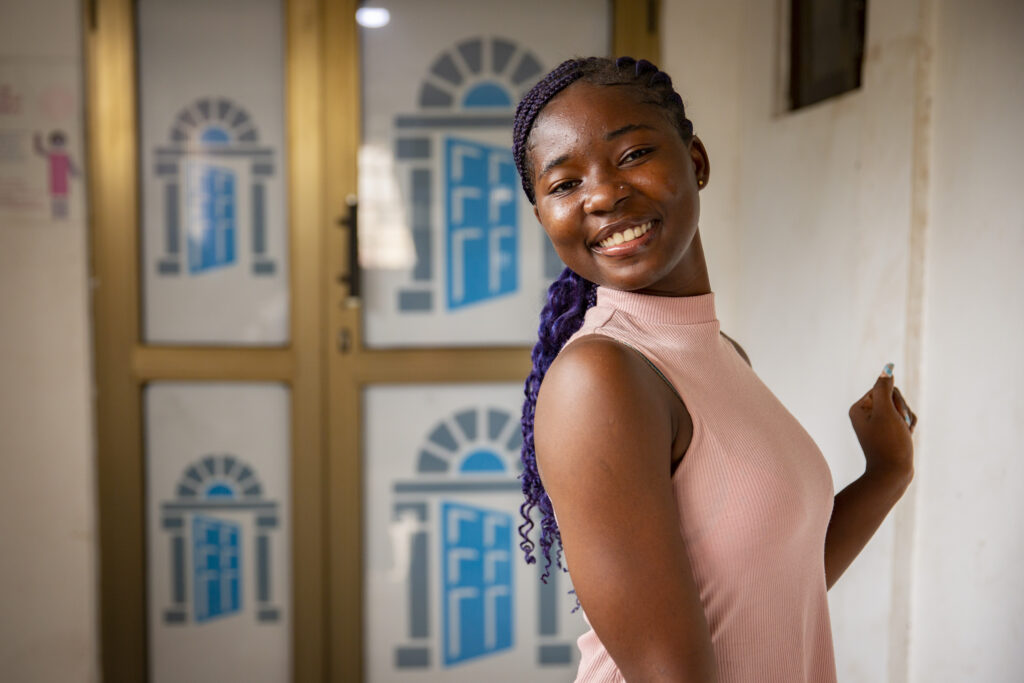We can’t have gender equality without reproductive choice
This is a guest post from MSI Reproductive Choices, an international non-governmental organisation providing contraception and safe abortion services in 37 countries around the world.

This International Women’s Day let’s make one thing clear: gender equality isn’t possible without abortion and contraception. It’s a bold statement but as an organisation supporting over 93,000 women and girls with their reproductive choices every day, it’s one we feel justified to make. When you give someone reproductive choice, with access to abortion and contraception, you can unlock a woman’s potential and put her in the driving seat of her own future – and that has a ripple effect.
As a global reproductive healthcare provider, we know that access to sexual and reproductive healthcare changes lives, and it saves lives. In many countries that MSI works in, the risks to a pregnant woman’s life and health can be severe. In Nigeria, for example, a woman is 100 times more likely to die from a pregnancy-related issue that in the UK.
Globally unsafe abortion can be a leading cause. By offering abortion within the fullest extent of the law, as well as contraception and life-saving post-abortion care following an unsafe abortion attempt, we can save lives. In fact, our data shows that across the countries that MSI works in, pregnancy-related deaths would be 15% higher without access to our sexual and reproductive healthcare services.
But it’s important to remember that reproductive choice goes far beyond immediate healthcare. It’s central to driving gender equality too. Access to abortion and contraception is inextricably linked to getting an education, breaking cycles of poverty, social development, political participation—it cuts across many of the world’s global sustainable development goals. Unfortunately, access has never been—and still isn’t—guaranteed. Around the world, 257 million people want to be using contraception but have no access, and 40% of women live in countries where abortion is banned, restricted or inaccessible. When it comes to reproductive health, the world is facing a public health crisis, and it’s denying people their basic reproductive rights.
As is often the case, it’s marginalised and low-income communities that are most affected. They’re the ones less likely to be able to access private healthcare or travel to other places where they can access the contraception they need or where abortion care is safe and legal. To achieve global gender equality, universal health coverage including access to abortion and contraception will be essential.
So, this International Women’s Day, how can we stand for reproductive choice?
You can join MSI in making noise about how we can’t achieve gender equality without reproductive choice – use MSI’s International Women’s Day social media toolkit to get started.
And we can follow this year’s International Women’s Day theme and Invest in Women to Accelerate Progress. When we invest in reproductive health, we invest in women’s futures, and that benefits everyone. It’s why sexual and reproductive healthcare is a proven ‘best-buy’ in international development. It’s life-saving healthcare that also fast-tracks several sustainable development goals — including Gender Equality, No Poverty, and Health and Wellbeing — and shifts harmful cultural norms. Every $1 invested in contraception generates over $120 in health and socio-economic gains.
This International Women’s Day, we’ll be joining partners at Action for Global Health and others to stand for reproductive choice. Because the path to real and lasting gender equality can only be paved with access to abortion and contraception. We believe we can get there, together.
